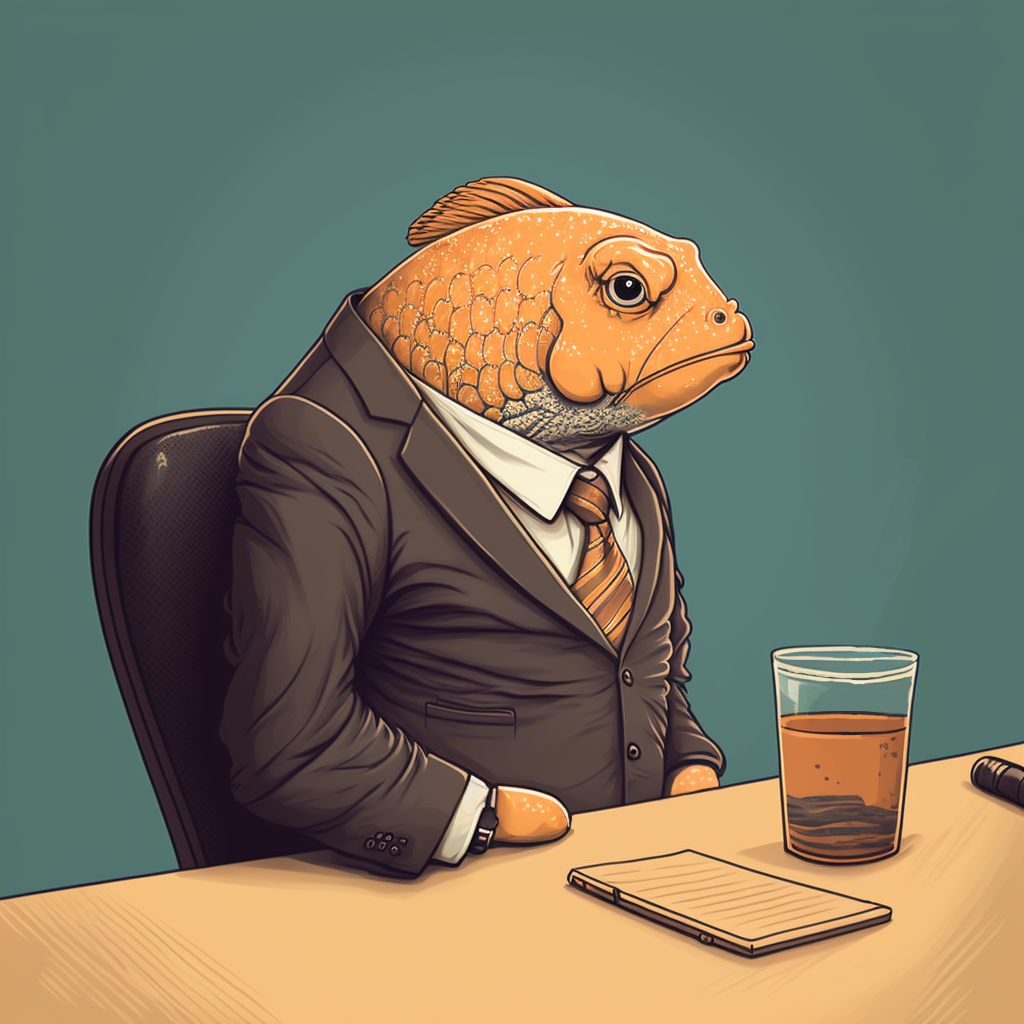Two years ago, I wrote a piece about how AI was disrupting the copywriting game.
As I write this, it’s happening again — only this time, AI is disrupting more than a dozen different disciplines simultaneously. AI is coming for everything from writing and video to voice and gaming.
New tools like Midjourney and ChatGPT let people compress time immensely by generating plausible content in minutes, not months.
If you haven’t already used these tools, I highly recommend doing so today — they feel like magic.
And, of course, people are going ballistic.
Artists are howling bloody murder about AI scraping human artwork to generate new pieces. ArtStation and DeviantArt are the first of many platforms to grapple with this issue.
Lawyers are suing large tech companies over potential copyright issues from AI-generated code — GitHub’s CoPilot is the first such target.
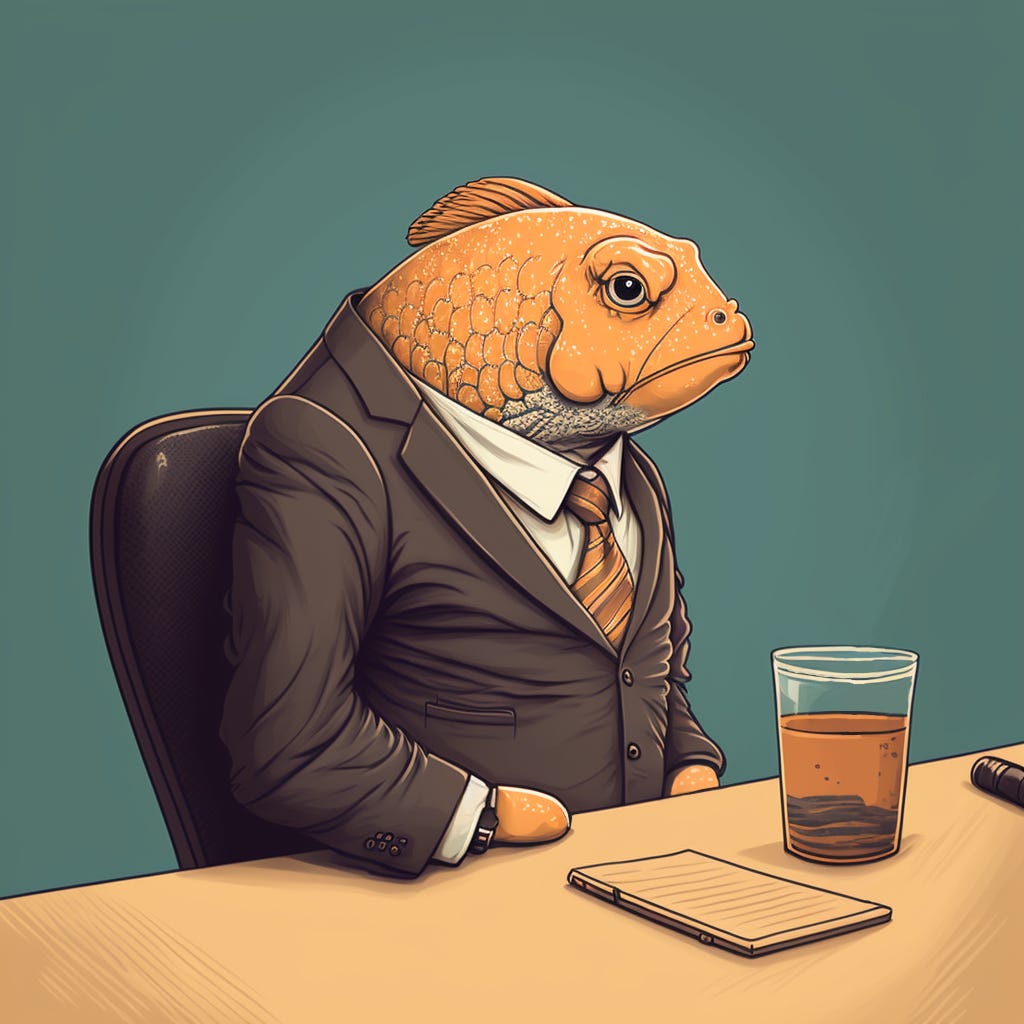
This isn’t just faraway rage, either. I was at a gaming convention in Sandton recently and casually mentioned “AI art” mid-conversation with some animators.
There was a nervous silence — before they all erupted into passionate defenses of human art.
Their concerns were valid. They also missed the point.
No matter how loudly artists rage against generative AI, the tech is here to stay. This forces one of two options: adopt or adapt.
Adopt
You can choose to adopt AI into your workflow. This can mean using CopyAI ($), Rytr, or similar tools to generate first drafts of marketing copy after completing customer research.
It can mean using Midjourney to generate illustrations for your blog post, as I’ve done in this newsletter.
If a new technology isn’t going away, and it threatens your professional prospects, co-opt it into your work.
Content marketers are learning this lesson (again). A writer’s work goes beyond just banging out words — a business pays you to think.
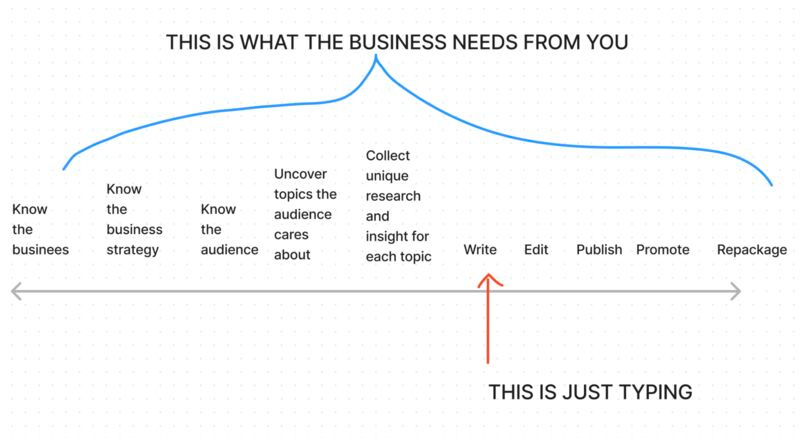
Instead of raging against the machine, use AI to automate your business.
Adapt
Your second option is to adapt to the coming of the machines by pivoting to a higher-level role, a more manual one, or switching to a new career entirely — preferably one centered around the new technology.
I tweeted recently that manual (not necessarily menial) jobs are the safest from AI. Robots can’t do a plumber’s job (yet), nor can AI replace a carpenter. By contrast, coders and copywriters are more at risk.
Ironically, the jobs safest from AI are not "creative" jobs, but manual ones. The copywriter is more endangered than the plumber.
— Dr Mo (@ShehuPHD) December 4, 2022
If you work with your hands, you’ll be fine for the foreseeable future. If you’re a knowledge worker, now’s the time to rise up the ranks and get paid for strategic thinking instead of just execution.
For instance, if you’re a copywriter, take the bird’s eye view and learn account management or marketing strategy. If you’re a content marketer, pivot to product marketing. If you’re a coder, master project management to better handle deployments.
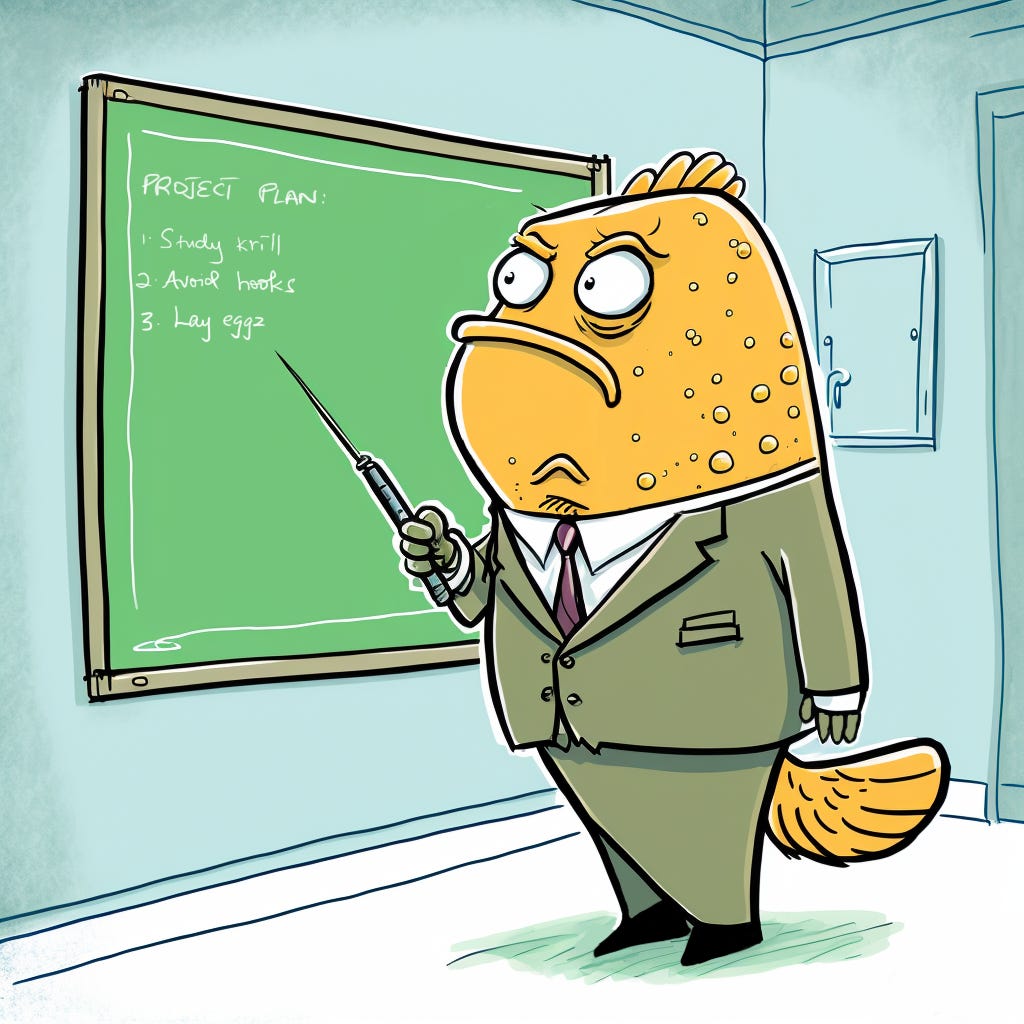
By design, each of these pivots requires you to zoom out of your role to understand how it fits into the wider business.
Better yet, become an AI engineer. Codecademy will teach you coding and AI fundamentals for just $25/mo, and starting salaries for AI engineers are north of USD 120,000/yr.
That’s an insane ROI for ~3 months of learning — your university degree can’t match that. Best of all, you can work remotely as a coder or become a highly-paid tech writer on AI.
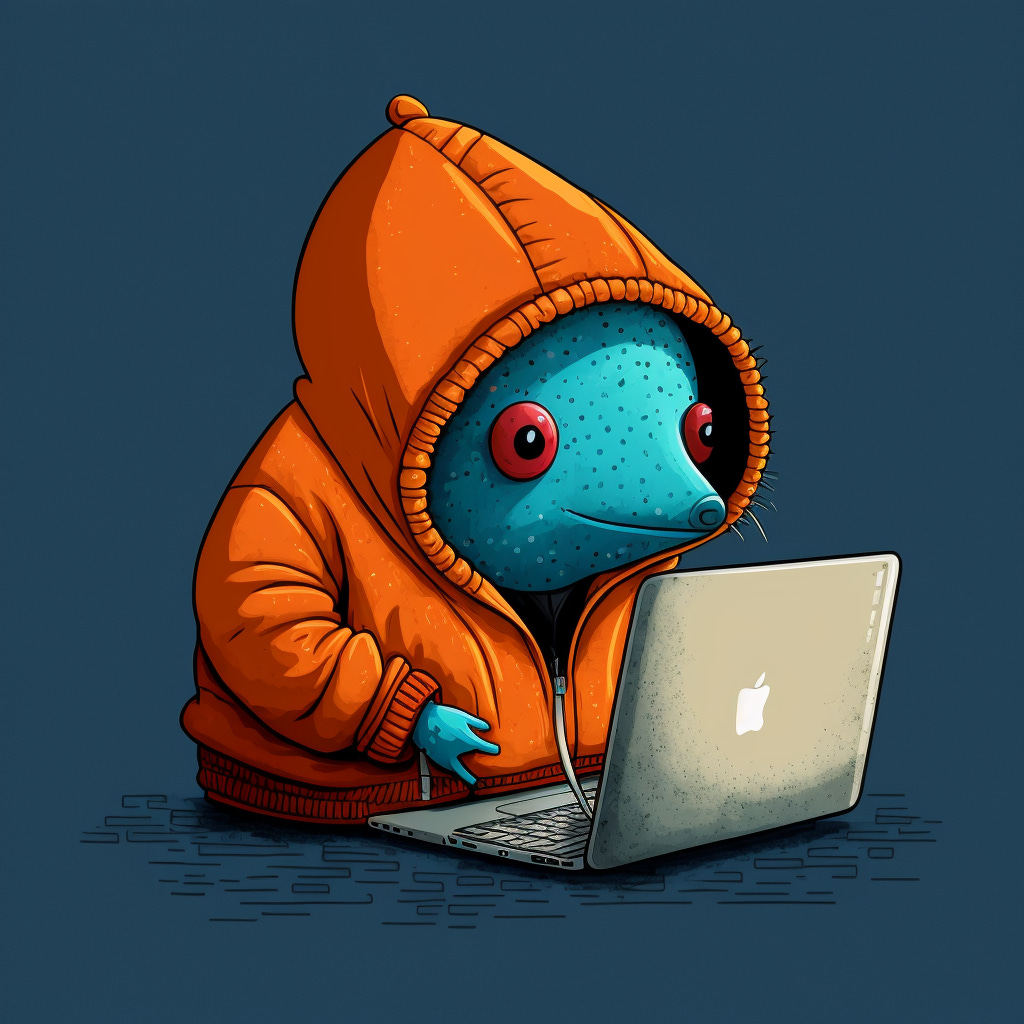
Humans wanted — robots need not apply
AI can bang out words, numbers, and graphics, but these are a small part of any corporate job.
Right now, AI cannot think (it just matches patterns really well); cannot discern between good and bad (it will defend any point of view you ask it to); and cannot curate or collect data from the web yet (this will likely change soon).
And while AI is great at working with data, it’s not adept at working with and managing people — the ultimate subject in any business or social setting.
In short, AI sucks at critical thinking, leadership, creativity, negotiation, collaboration, cognitive flexibility, people management, emotional intelligence, problem-solving, and judgment.
These are also the top 10 skills humans will need in the workplace over the coming years. No matter what anyone says, AI can never fully replace people.
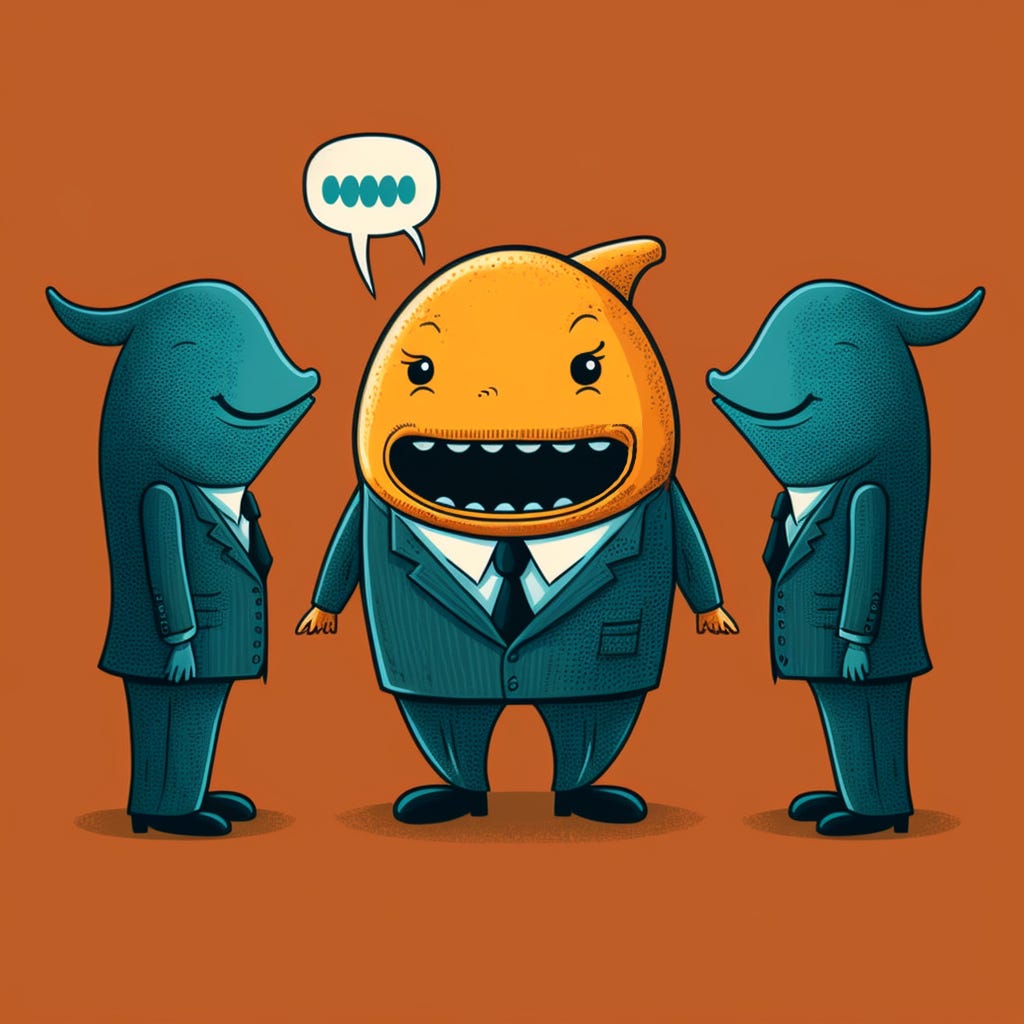
Adopt or adapt against artificial intelligence
As a young professional or entrepreneur, now’s the time to pick a path.
Most AI tools today are cheap enough to adopt into your workflow without feeling the pinch. With a few subscriptions each month, you can 10x your productivity and secure that promotion.
AI tools are also evolving slowly enough that there’s time to adapt your career toward higher-paying, human-centered roles AI can’t perform.
No matter your choice, complaining won’t get you anywhere. AI is here to stay — don’t let it harm your pay.

Mohammed Shehu, Ph.D. writes on content and marketing for creators and brands. You can find him online @shehuphd everywhere.

